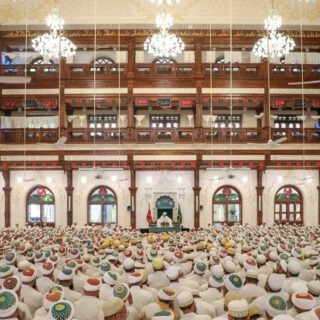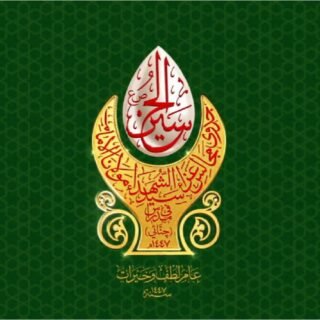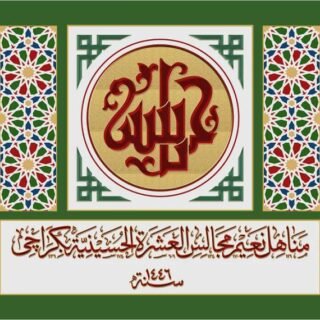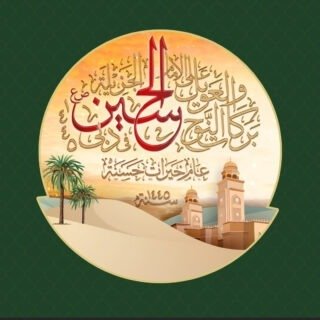Daaim ul Islam, an extended treatise on shariah jurisprudence (fiqh), is one of the fundamental books of the Fatemi library. Written by Syedna Qadi al NumanRA in the Fourth Century Hijri/Tenth Century G, it comprises of two volumes.
The first is divided into seven chapters dealing with the laws and principles of the seven pillars (daaim) of Islam. Of these, great significance is given to the first, Walayat, which is instrumental to the true knowledge of the other daaim and without which no other pillar can stand.
The second volume pertains to the practical, everyday aspects of human life, like birth, marriage, food and trade, which are indeed an integral part of the Islamic shariah.
The treatise was written at a time when Muslim scholars were in great conflict as to the interpretation of the shariah; four fiqhi schools legislated different laws according to the flawed views and perceptions of their leaders. At this critical juncture the Chief Justice of the Fatemi State, Syedna Qadi al NumanRA compiled this book of laws under the direction of Imam MoizAS. Syedna IdrisRA said in praise of the treatise, “It is a miracle of Amir al MumineenAS at the hands of his Dai”. Thus it became the ultimate authority on fiqh principles, and has remained so thereafter.
The main purpose of the treatise may have been constitutional legislation, but its influence on the reader is mesmeric. It infuses the heart with spirituality, instructing, encouraging, and admonishing at the same time. It nurtures both the soul and mind. It disciplines the reader for a life grounded in the shariah, it guides mumineen in the matters of halal and haram. It demonstrates the principles of ibadat, as well as the purest and healthiest way to deal with temporal issues. It shows how to lead a life of prosperity in this world; it prepares for a life of saadat (happiness) in the hereafter.
Zuhur or satr, the Duat and their Hudud have consulted this treatise on various issues. It has been related that the 49th Dai, Syedna Mohammed BurhanuddinRA had the book by heart. Syedi Luqmanjee, the great scholar, had perused the book forty times, but would never answer a question on fiqh without referring back to it. It is a blessing and an honor, then, that Duat Mutlaqeen have granted mumineen the raza to study Daaim al Islam in sabaqs. The syllabus at Al Jamea tus Saifiyah twice incorporates the study of the Daaim; sabaqs of Daaim al Islam are also held for mumineen in their respective mohallahs.








